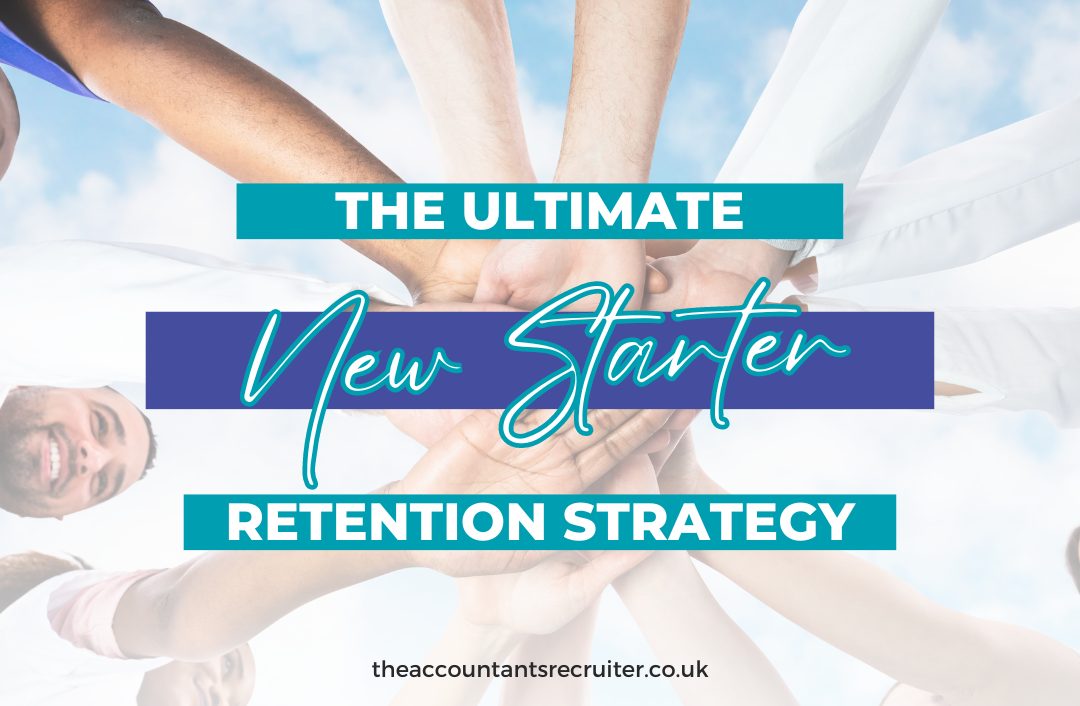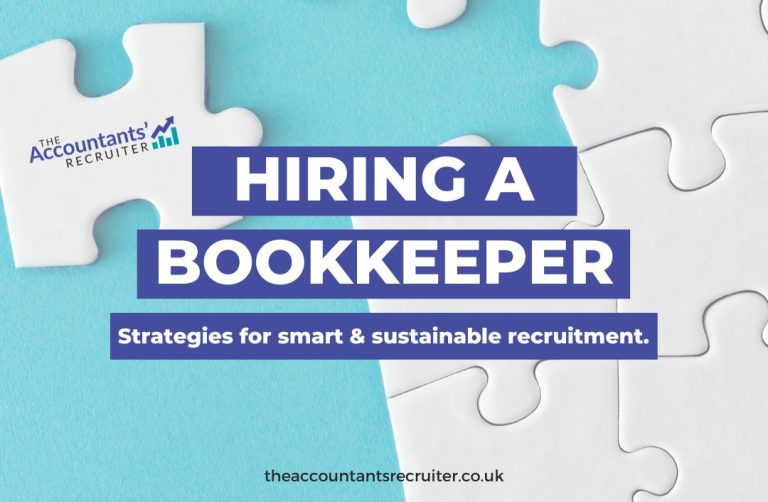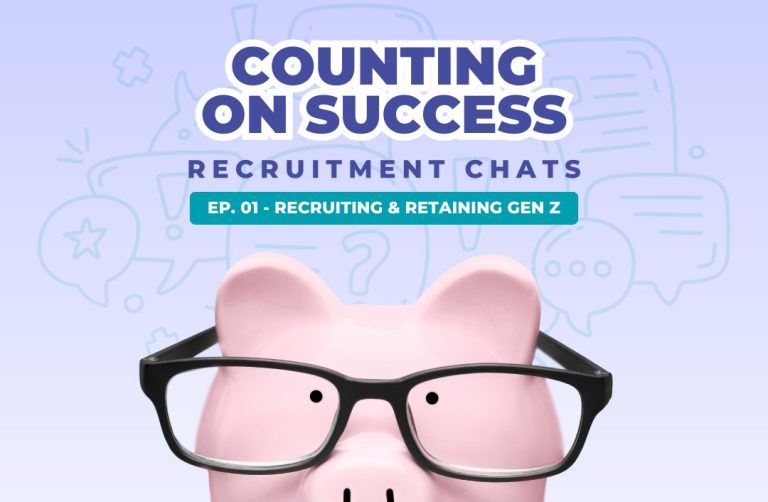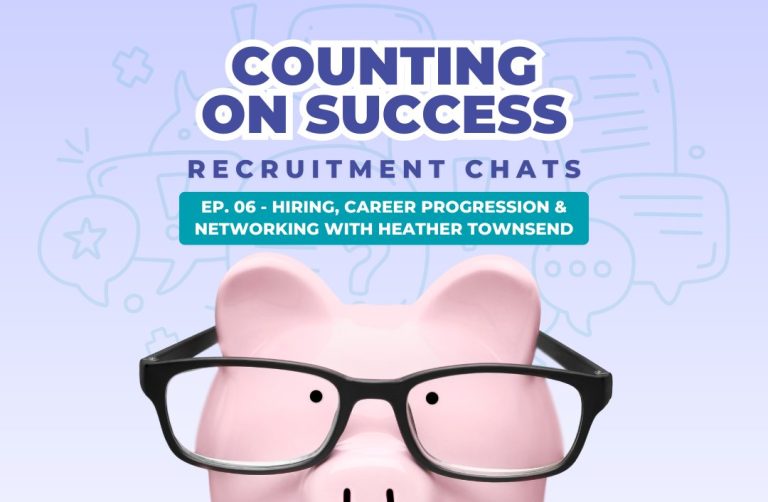5 Ways to Prevent New Starters From Quitting
You may be wondering why you would need to prevent your new starter from quitting — but did you know that 90% of employees decide whether to stay at a company within the first six months of employment? And that as much as 22% of employee turnover happens within the first 45 days of employment? These statistics prove just how important those first few weeks and a proper onboarding strategy are to employee retention. So, how do you make the right impression to avoid this happening to you?
First off, it’s important to know why people are quitting so early on and why retaining new employees can sneak up on you. The majority of people quit within the first few weeks because they:
- Feel as though they can’t fulfil the role (32%)
- The role isn’t what they expected (19%)
- They don’t fit in with the firm’s culture (18%)
- They don’t fit in with the team (10%)
The above can not only lead to unwanted resignations, but also cultivate quiet quitting (which might feel like it comes out of nowhere). The good news is that all of these reasons for quitting can be prevented. With the right amount of time and effort during both the recruitment process and the first three months of their role, you can make sure that your new hire fits seamlessly into your team and firm.
Here are five ways to help you retain your new starters.
1. Don’t rush your recruitment
You always want to hire the best person for the job — but when the pressure’s on and the role needs filling, it’s all too easy to start cutting corners. However, the result of said cutting is a lot of time and money wasted if you end up hiring the wrong person.
To avoid falling into this trap, you need to get really specific about what skills and traits you’re looking for in a potential candidate. Get clear on what you are looking for in someone for each role you hire for — what are the must-haves and what is desirable? Knowing what you’re willing to compromise on is just as important as what is non-negotiable.
Here are some helpful steps to include in your recruitment process:
- Create a very detailed job description for the vacancy. This should include any goals and targets they will be expected to meet, as well as their roles and responsibilities.
- Take the time to fully check their references.
- Develop an interview plan that will require candidates to prove they have what it takes for the job. Skill testing and behavioural profiling are highly recommended as part of your plan.
- Don’t stop at one interview. This gives you more than one opportunity to make sure this is the right fit for both of you. (Note: We suggest having no more than three interviews so as not to draw out the process too long.)
- Consider a paid trial day. This allows you to see how well they fit in with the team (and to get your employees’ opinions).
- Have an onboarding plan ready. Candidates may ask about your onboarding process (training, reviews, etc) in interviews and .
2. Create short-term goals for new team members
We all know how difficult it can be to start a new job. But how do we prevent our new team members from feeling overwhelmed with so much to learn? A great way to prevent overwhelming new staff is to start by setting them realistic short-term goals as part of their induction. These can be daily or weekly objectives that give them something manageable to aim for — rather than intimidating them with bi-annual targets. As they find their feet and become more comfortable in their role, these targets can then become fortnightly and monthly objectives.
3. Schedule regular performance reviews
Performance reviews are a great way to find out how your new beginner is settling into their role. By setting up 1:1 meetings throughout their probation period, you’re creating regular opportunities to discuss their progress whilst also ironing out any issues. Over time, you can also use these meetings to set more challenging targets for your new starters — particularly as they approach their final probationary weeks.
4. Develop a clear training plan for new starters
Having a clear training plan in place is a great tool for both you and your new starter. By outlining what they need to achieve in their first 6 months, you can easily track their performance as they settle into their role within the team.
This plan should include:
- Technical training to teach them about the firm’s software and key processes
- Introductions to other staff members and key stakeholders
- 1:2:1 meetings with their line manager
- Shadowing sessions to assess their progress
- Mentoring sessions to check their progress and iron out any issues
- Learning on the job to gain first-hand experience
You could also provide your new starter with some resources to get stuck into before they start their official training. Help them hit the ground running by giving them:
- A map of the office
- Written descriptions of their team members and key stakeholders
- Information about the firm and any FAQs about the office they will be working in
- Relevant business books
- An outline of their training plan
- Assign them an office buddy
5. Make them feel like part of the team
No one likes feeling like the ‘newbie,’ but how can you help prevent new starters from feeling this way? The important thing is to make sure they feel settled. Assigning a buddy to them is also helpful (and can take some pressure off of you!). If they feel comfortable with their peers, they’re far more likely to get stuck in and ask questions. Without the fear of getting things wrong or feeling like the odd person out, they will then start performing to the best of their ability.
Feeling like part of the team can determine whether a new hire ‘loves’ or ‘leaves’ a job, so focus on creating a welcoming culture within your firm.
Invest time into your new team members
From their first interview to their 12-week review — each of these five methods has shown us just how important it is to invest time into retaining your new starters. By providing them with the proper support and resources, your new hires can settle into their role with relative ease and success (not to mention that they’ll be happier, more productive and, hopefully, loyal to your firm for the long term).
The important thing to remember is that technical skills can be taught but first impressions last forever! Prioritise making your new starter feel welcome with good a onboarding strategy to inspire loyalty as you grow your team.
**This blog post was originally published on the Accountants’ Growth Club website.







